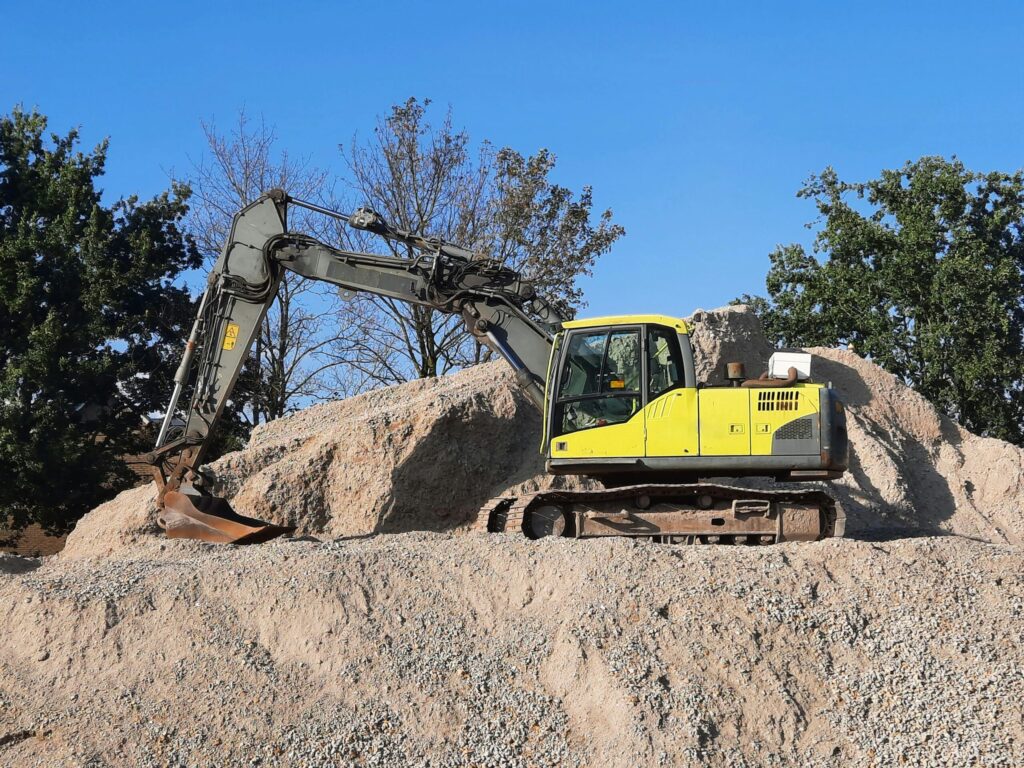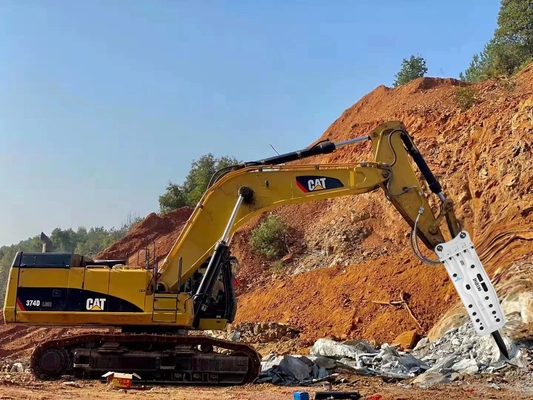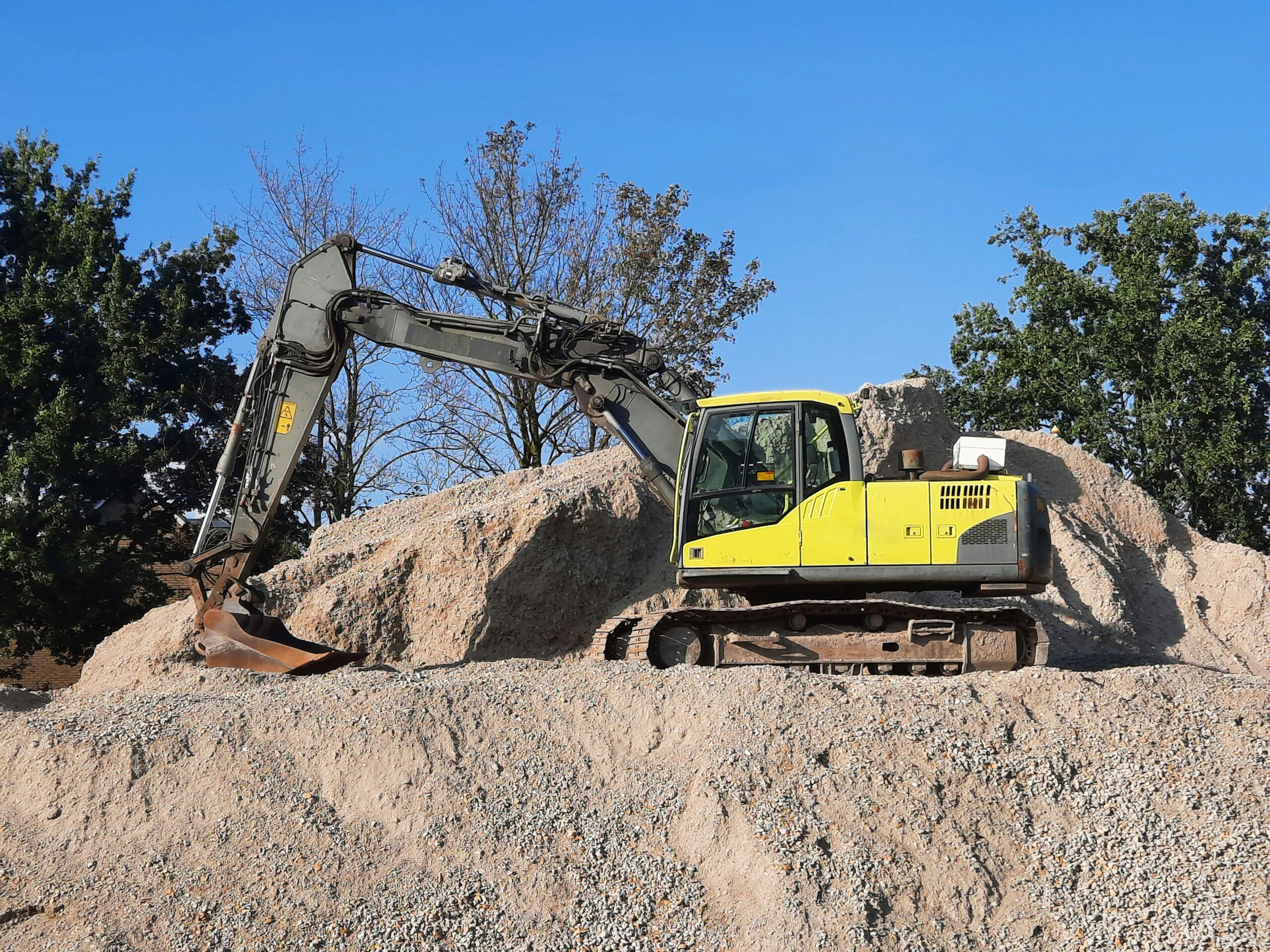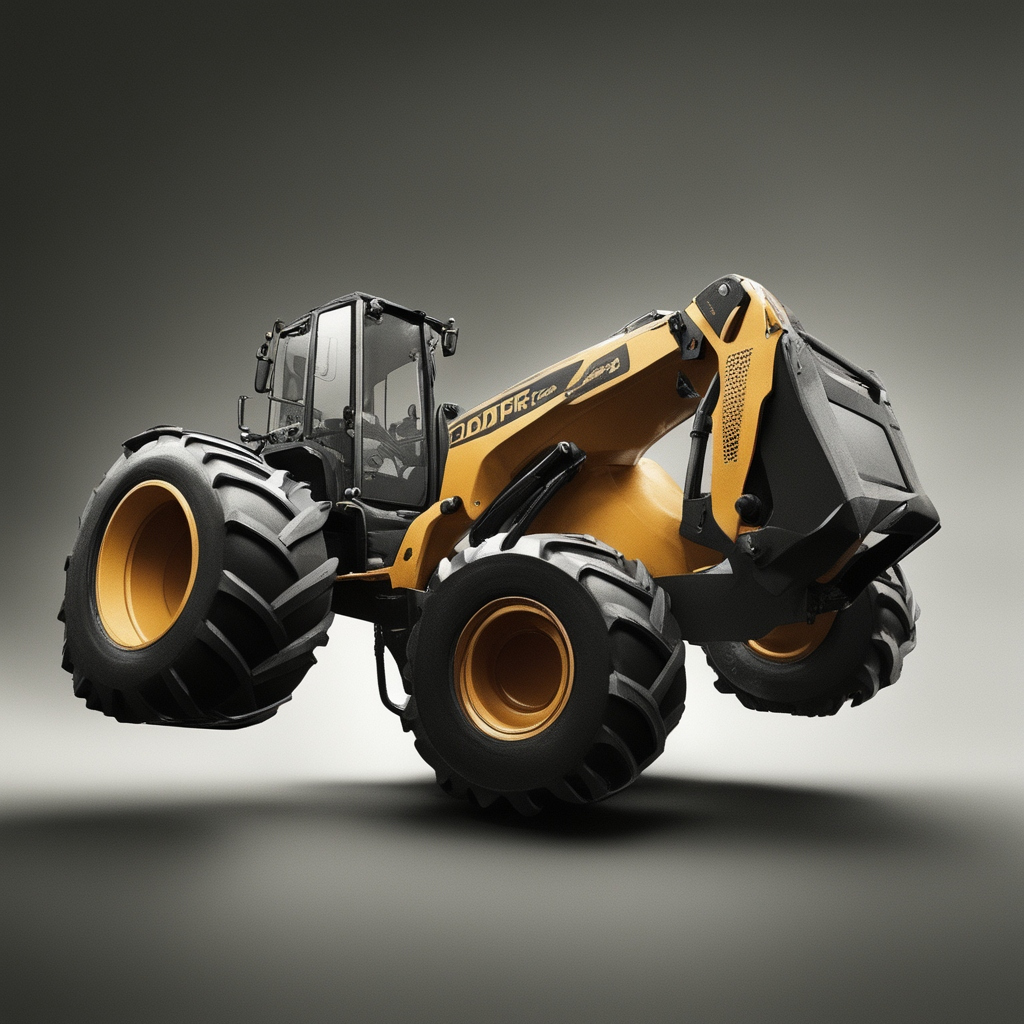A hydraulic pump is the heart of your machinery, powering everything from excavators to forklifts. But what happens when it stops working correctly? Leaking, overheating, or weak pressure can slow you down or even bring your operations to a halt.
The good news? Most hydraulic pump issues can be diagnosed and fixed before they become major problems. Here’s how!
- Low Pressure – Why is Your Pump Weak?
If your hydraulic system isn’t generating enough pressure, your equipment won’t perform at full capacity.
Possible Causes:
- Worn-out pump components.
- Air leaks in the system.
- Dirty or low hydraulic fluid.
Fix It:
- Check for fluid leaks in hoses and connections.
- Ensure the fluid level is correct and replace dirty hydraulic oil.
- Inspect the pump’s internal parts for wear and tear.
Pro Tip: Use high-quality hydraulic fluid to maintain system efficiency.
- Overheating – Why is Your Pump Running Hot?
If your hydraulic pump is too hot to touch, it’s working harder than it should.
Possible Causes:
- Low or contaminated hydraulic fluid.
- Clogged filters restricting flow.
- Excessive system pressure.
Fix It: Check fluid levels and replace dirty oil.
- Clean or replace clogged filters for better circulation.
- Reduce unnecessary high-pressure settings to prevent overheating.
Pro Tip: An overheated pump can cause seal failure—fix the issue before it worsens!
- Noisy Pump – Why is It Making Strange Sounds?
Unusual noises—whining, knocking, or banging—can mean air is trapped in the system.
Possible Causes:
- Air bubbles in the hydraulic fluid.
- Loose fittings allowing air to enter.
- Cavitation (when the pump isn’t getting enough fluid).
Fix It:
- Bleed the system to remove trapped air.
- Tighten all hose fittings to prevent air leaks.
- Check if the fluid reservoir is full to avoid cavitation.
- Fluid Leaks – Where is Your Oil Going?
Hydraulic leaks are one of the most common problems and can cause low pressure, overheating, and contamination.
Possible Causes:
- Cracked hoses or damaged seals.
- Loose fittings and worn-out gaskets.
- Excessive pressure causing blowouts.
Fix It:
- Inspect hoses and seals for visible damage.
- Tighten loose fittings or replace old gaskets.
- Avoid excessive pressure to prevent system damage.
Pro Tip: Small leaks get worse fast fix them immediately to prevent costly breakdowns.
Final Thoughts
Your hydraulic pump is essential to keeping your equipment running. By checking for leaks, maintaining fluid quality, monitoring pressure, and preventing overheating, you can avoid major failures and save time and money.
Need replacement hydraulic parts? Visit CTParts.ca for top-quality hydraulic components and expert support! 🚜





